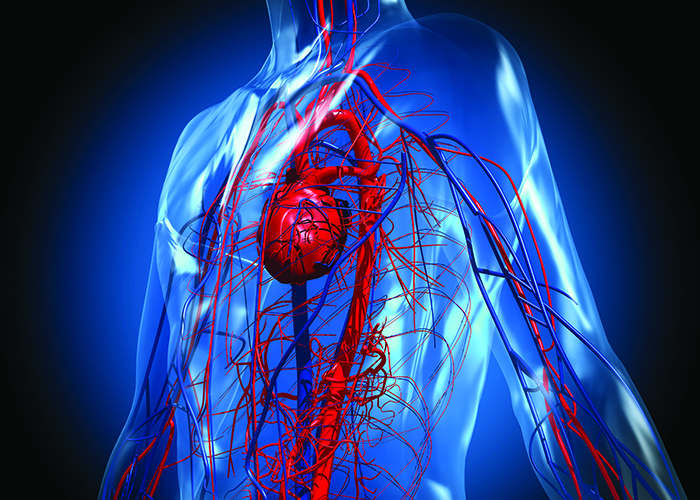Learn the Difference Between Heart Attack and Cardiac Arrest, and More
June 14, 2021
In a nutshell, cardiovascular diseases include conditions affecting the heart and blood vessels. Here are some of the conditions that fall under this big umbrella.

Heart Attack
A heart attack is a medical emergency that happens when there is a blockage in the blood flow supplying oxygen to the heart. Blockages usually result from buildups of fat, cholesterol and other substances in the arteries, which cause coronary artery disease.
Cardiac Arrest
Cardiac arrest is different from a heart attack and occurs when the heart suddenly stops due to a problem with the heart’s electrical system. This causes a loss of consciousness and no pulse. If not treated within minutes, it usually results in death.
Heart Failure
Heart failure is a serious condition that occurs when the heart isn’t working as well as required, preventing organs from getting the blood and oxygen they need. Symptoms may include shortness of breath, fatigue, swelling in the legs, ankles and feet, and others.
Arrhythmia and Atrial Fibrillation (AFib)
An arrhythmia is an irregular heart rhythm. AFib is the most common type of arrhythmia and may increase risk of blood clots, stroke, heart failure and other heart-related complications.
Deep Vein Thrombosis (DVT)
DVT happens when a blot clot forms in one of the deep veins, often in the lower leg, thigh or pelvis. Symptoms are not always present, but may include leg pain or swelling. A danger is that if a blot clot breaks loose and travels to the lungs,it may cause a potentially fatal condition called a pulmonary embolism.
Heart Valve Issues
The heart has four valves designed to keep blood flowing properly and in the right direction. Sometimes these valves can become damaged or diseased, causing the heart to have to work harder to do its job.
Stroke
A stroke happens when the blood supply to part of the brain is interrupted or reduced. Getting swift medical care is critical. The F.A.S.T. acronym can help you remember symptoms of a possible stroke: face drooping, arm weakness, speech difficulty, time to call 911.
Reviewed by Nauman Jahangir, MD, Las Vegas Cardiovascular Surgery Specialists, 2021
To help prevent heart disease
- Eat healthy
- Get active
- Stay at a healthy weight
- Quit smoking and stay away from secondhand smoke
- Control your cholesterol and blood pressure
- Drink alcohol only in moderation
- Manage stress
* Source: U.S. Department of Health and Human Services
